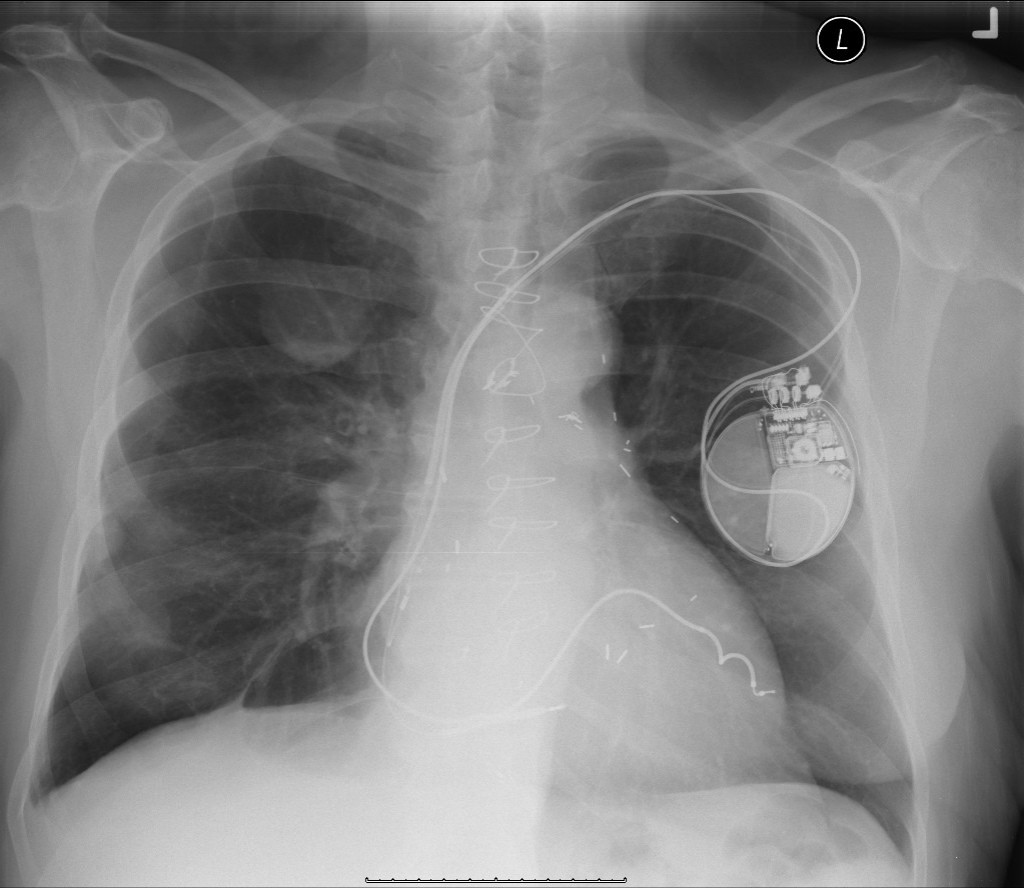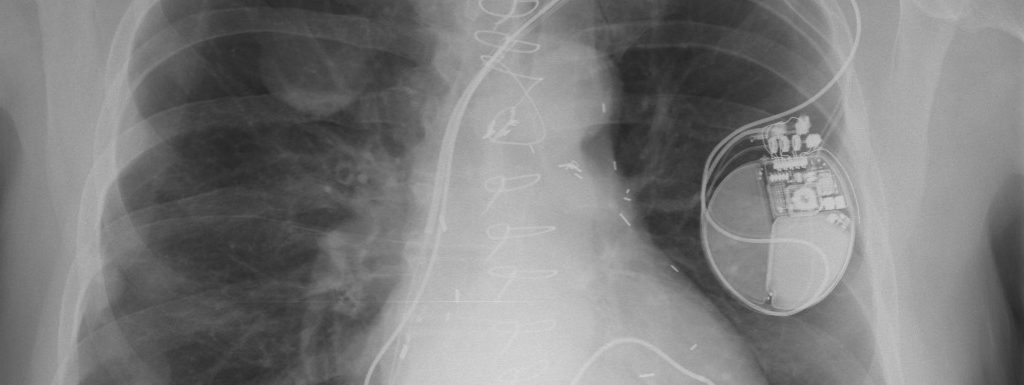
Certain cancers have warning signs that many people know to look out for, such as noticing a lump or changes in breast tissue for breast cancer. Mesothelioma is a cancer that exhibits few early warning signs, and they can resemble symptoms of less serious conditions, making it challenging to recognize the initial signs of mesothelioma.
Mesothelioma is a cancer caused by exposure to asbestos. It most commonly develops in the lining of the lungs, called the pleura, and less commonly in the lining of the abdomen, called the peritoneum.
The people most at risk of developing mesothelioma are those who worked with asbestos for extended periods of time. The more asbestos a person was exposed to, the higher their risk of developing a related condition like mesothelioma. However, only roughly 20 percent of people who work with asbestos go on to develop a related health condition.
Early diagnosis of mesothelioma often happens on accident, such as when a routine chest X-ray reveals dark spots over the lungs. It is rare for mesothelioma to cause symptoms early in its development, but by stage III and IV, a number of presenting symptoms become noticeable.
Initial Symptoms of Mesothelioma
Early stages of mesothelioma rarely cause symptoms.
During stage I and II, tumors begin forming along the lining of the lung or abdomen. They develop as small, individual nodules scattered across the lining. As the cancer progresses, the tumor nodules increase in size and grow together, forming a rind around the lung or abdomen.
At this point in pleural mesothelioma, tumors begin pressing against the lung and chest wall, leading to symptoms like difficulty breathing and chest pain — the two most common initial symptoms of pleural mesothelioma.
Other presenting symptoms of pleural mesothelioma include:
- Shortness of breath
- Dry cough or wheezing
- Difficulty swallowing
- Hoarseness
Initial symptoms of peritoneal mesothelioma include:
- Abdominal pain
- Abdominal swelling
- Hernias
- Loss of appetite or feeling full
Later stages of both types of mesothelioma can cause other symptoms, including weight loss, fever, night sweats and fatigue.
Find a Specialist
Anyone with a history of asbestos exposure should see their doctor at the earliest sign of any pulmonary or abdominal distress.
A simple cough or pain in the abdomen could be an early sign of a developing asbestos-related condition. Symptoms like fever and weight loss could be signs of more progressed disease.
Mesothelioma is a relatively rare cancer that should be treated by a specialist. There are few mesothelioma specialists because mesothelioma occurs far less commonly than other cancers like breast and prostate cancer.
Oncologists with little experience treating mesothelioma may not be aware of the latest advancements in treatment, such as the most effective chemotherapy drugs and innovative immunotherapy drugs.
Major cancer centers in big cities tend to house cancer doctors who are familiar with mesothelioma. To find a specialist, call the biggest cancer centers near you and ask if they have a mesothelioma specialist, or if they know of one nearby.
There is no cure for mesothelioma, but there are treatments that help people live longer with the disease. Surgery, chemotherapy and radiation therapy are the traditional treatments used on mesothelioma. They can buy patients more time and reduce symptoms like chest pain and difficulty breathing.
Clinical trials are helping some patients live several years past the typical one-year survival rate. These trials test new therapies on mesothelioma, including treatments like immunotherapy and gene therapy. Some mesothelioma patients who are diagnosed in stage IV are living longer than three years thanks to clinical trials.
People who are diagnosed early enough to qualify for surgery tend to live the longest when surgery is combined with other therapies, known as multimodal therapy. An early diagnosis is the best bet to qualify for multimodal therapy with surgery.
Knowing the warning signs of mesothelioma can help people get to treatment sooner, which could open up opportunities to multimodal therapy and clinical trials.
Although there is no cure for mesothelioma, anticancer treatments are becoming increasingly effective at controlling the cancer. Additionally, pain-management and complementary therapies help to maintain quality of life.

Leave a Reply